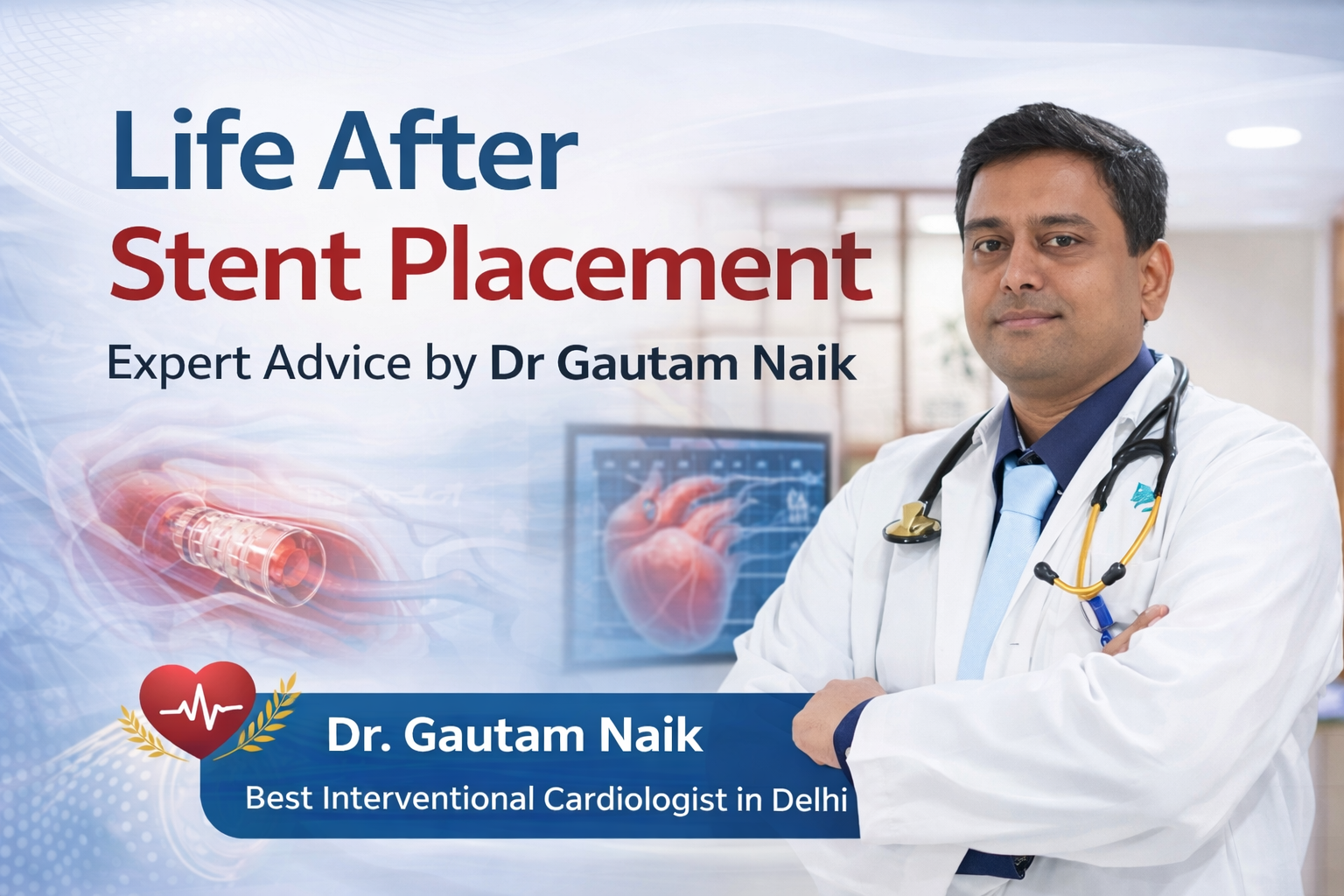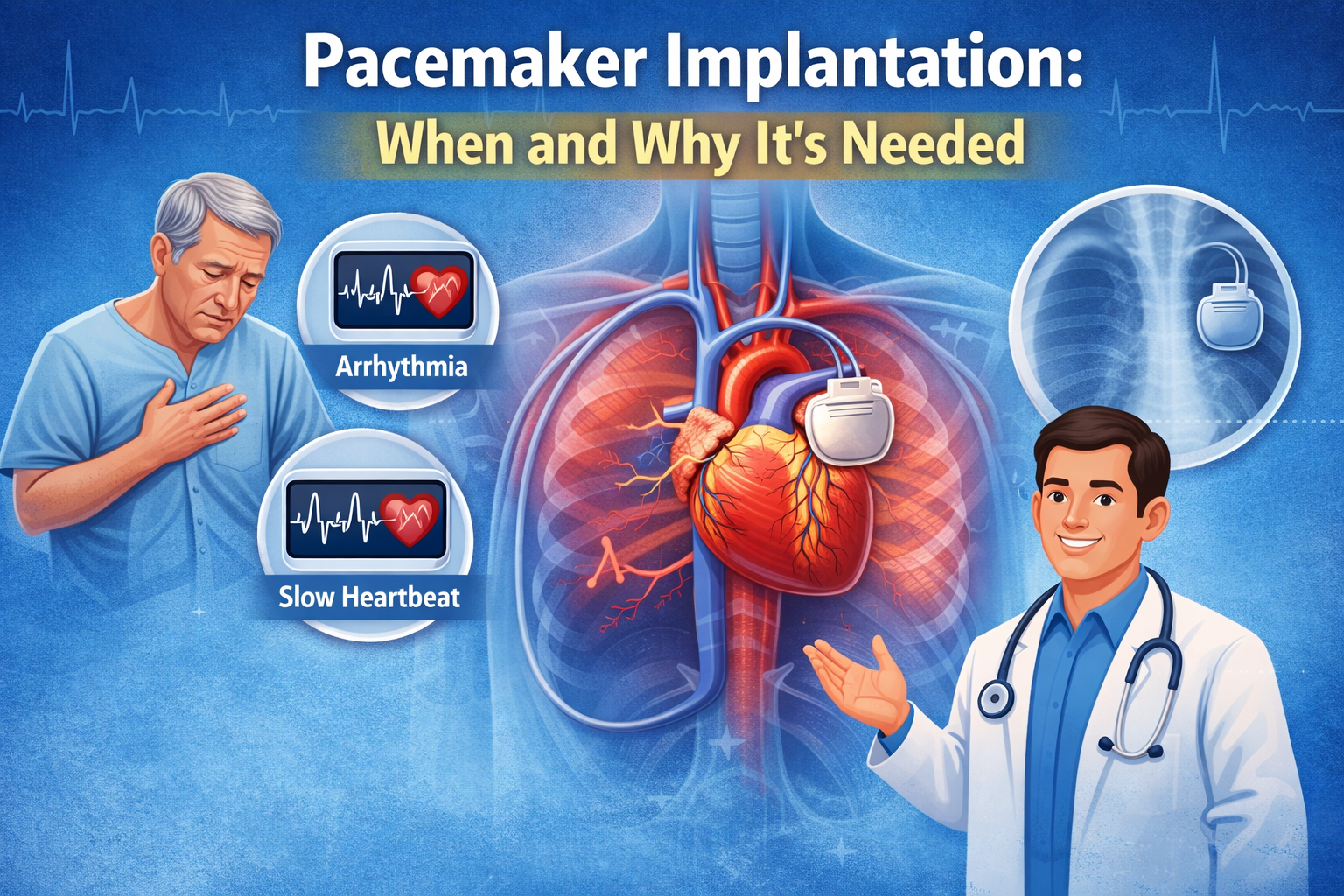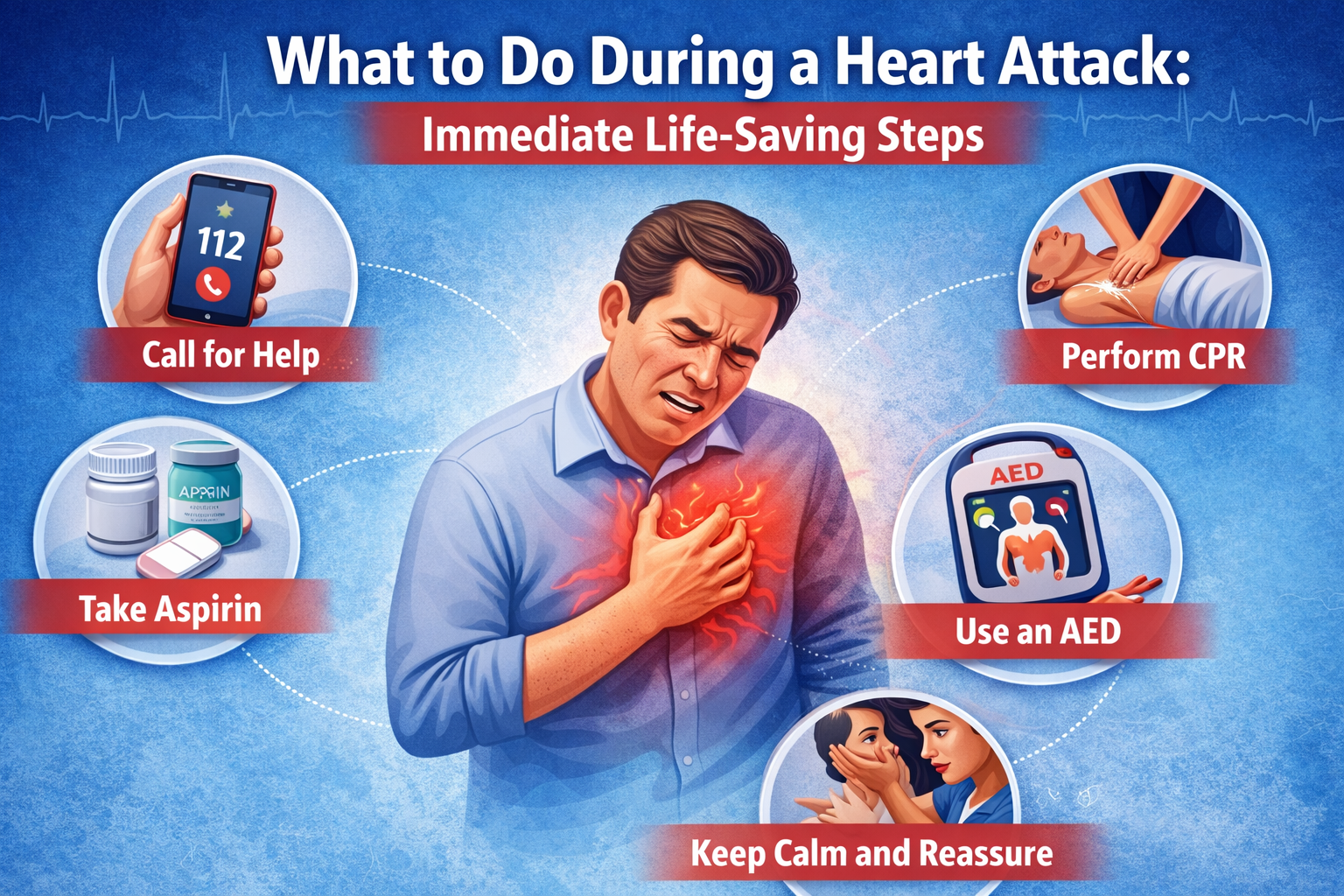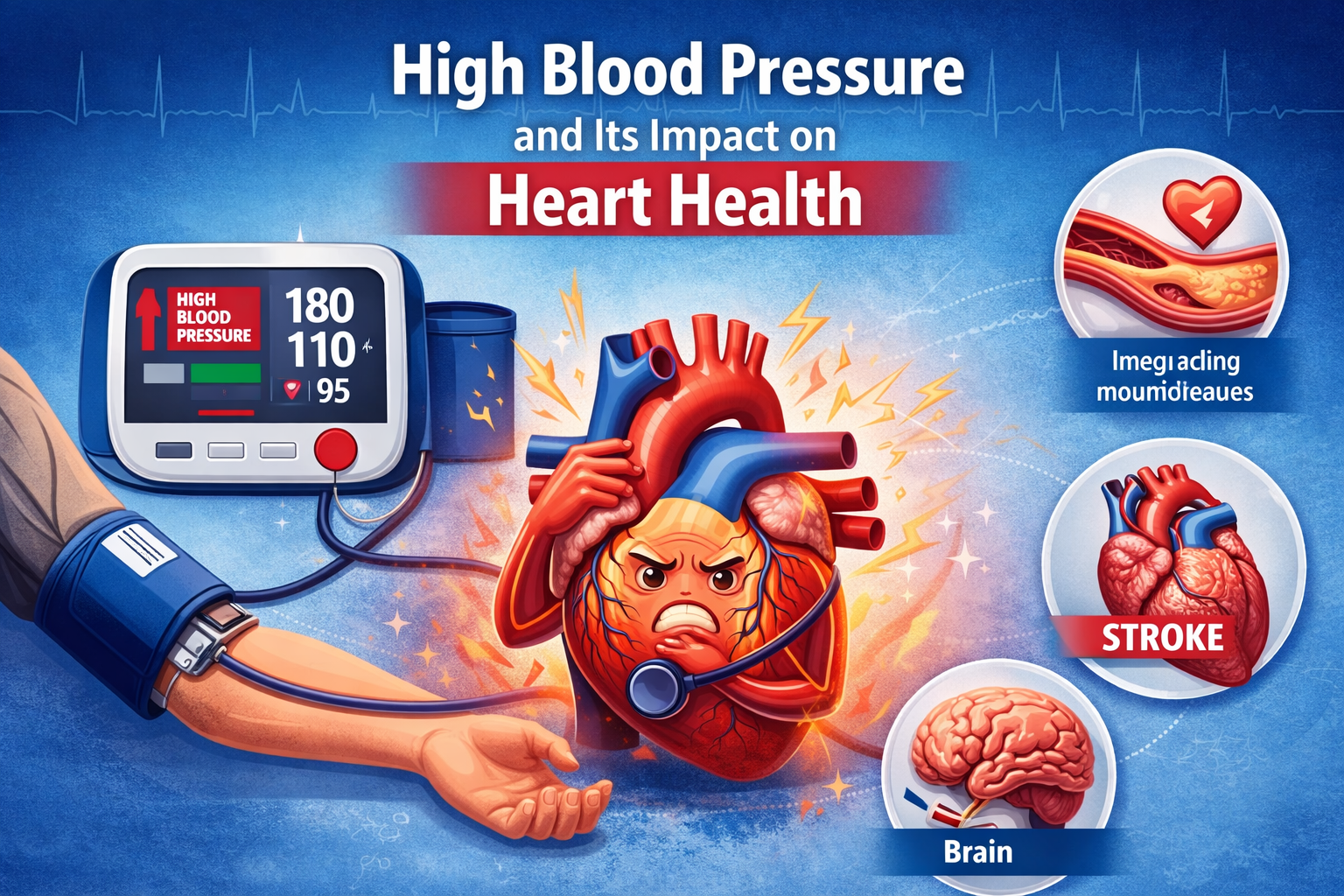Normal Heart Rate: Range, When It’s Dangerous, and More
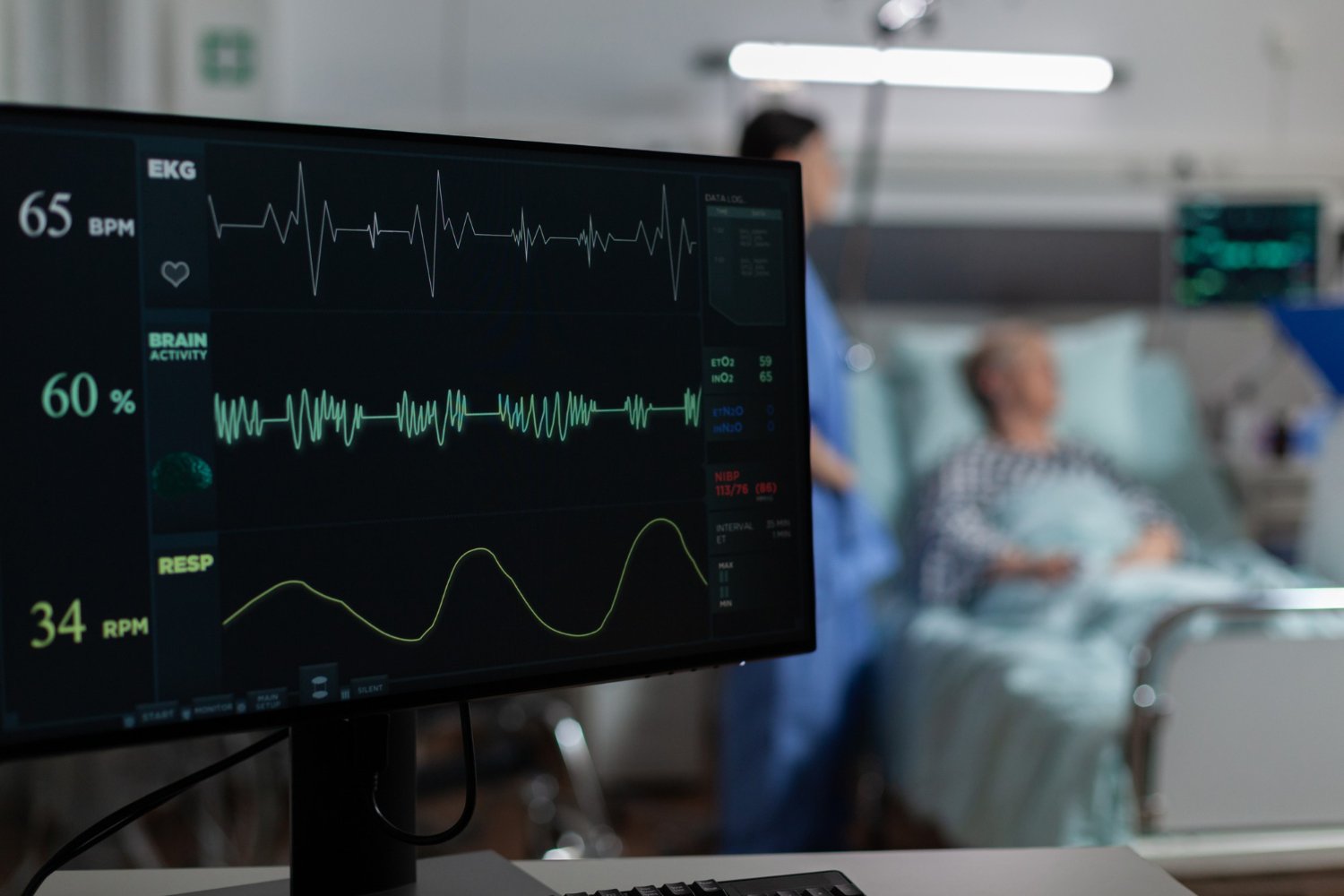
Your heart rate is one of the most important indicators of your overall health. It reflects how efficiently your heart is pumping blood throughout your body. While many people check their heart rate casually—such as after exercise or during a routine health check-up—understanding what a normal heart rate is, when it becomes dangerous, and when to seek medical advice can make a big difference in your long-term heart health.
If you are concerned about your heart health, consulting an experienced cardiologist is essential. Dr. Gautam Naik, one of the best cardiologists in Delhi NCR, is renowned for his expertise in managing heart rhythm disorders, cardiac interventions, and preventive cardiology.
What Is a Normal Heart Rate?
Heart rate is the number of times your heart beats per minute (bpm). It can vary depending on age, activity level, fitness, and overall health.
Normal Resting Heart Rate Range:
- Adults: 60–100 bpm
- Well-trained athletes: 40–60 bpm
- Children (6–15 years): 70–100 bpm
- Infants: 100–160 bpm
A lower resting heart rate generally indicates more efficient heart function and better cardiovascular fitness.
Factors That Affect Heart Rate
Several factors influence your heart rate, including:
- Physical Activity – Exercise increases heart rate; rest lowers it.
- Age – Resting heart rate tends to increase with age.
- Medications – Beta-blockers lower heart rate, while certain stimulants may increase it.
- Emotional State – Stress, anxiety, or excitement can elevate heart rate.
- Body Temperature – Higher body temperature raises heart rate.
- Overall Health – Conditions like thyroid disorders, anemia, or heart disease affect heart rhythm.
When Is Heart Rate Considered Dangerous?
While occasional fluctuations are normal, persistent abnormalities in heart rate may signal an underlying issue.
1. Tachycardia (Too Fast)
- Resting heart rate above 100 bpm.
- Can cause dizziness, palpitations, shortness of breath, or chest pain.
- May indicate arrhythmias, heart disease, anemia, or thyroid problems.
2. Bradycardia (Too Slow)
- Resting heart rate below 60 bpm (except in athletes).
- May cause fatigue, fainting, confusion, or low blood pressure.
- Can result from heart conduction problems or side effects of medications.
3. Irregular Heartbeats (Arrhythmias)
- Skipped beats, fluttering, or irregular patterns.
- May increase risk of stroke, heart failure, or sudden cardiac arrest.
When to Seek Medical Help Immediately:
- Chest pain or pressure.
- Severe shortness of breath.
- Fainting or near-fainting episodes.
- Heart rate consistently above 120 bpm or below 50 bpm (without being an athlete).
How to Monitor Your Heart Rate
You can check your pulse manually or use wearable devices like fitness trackers, ECG watches, or medical monitors. For accurate assessment, doctors may recommend:
- Electrocardiogram (ECG)
- Holter monitoring (24–48 hours)
- Echocardiogram
- Stress tests
Regular monitoring helps in early detection of heart rhythm problems.
Maintaining a Healthy Heart Rate
To keep your heart rate within a normal range:
- Exercise Regularly – Aim for 30 minutes of moderate activity most days.
- Eat a Heart-Healthy Diet – Focus on fruits, vegetables, whole grains, lean proteins, and low sodium.
- Manage Stress – Practice yoga, meditation, or breathing exercises.
- Limit Caffeine and Alcohol – Both can trigger palpitations.
- Quit Smoking – Smoking raises resting heart rate and damages arteries.
- Maintain a Healthy Weight – Obesity increases strain on the heart.
- Get Regular Check-ups – Especially if you have risk factors like hypertension, diabetes, or family history of heart disease.
Why Consult Dr. Gautam Naik – The Best Cardiologist in Delhi NCR
If you are experiencing abnormal heart rates or cardiac symptoms, timely consultation with an expert is crucial. Dr. Gautam Naik is widely recognized as the best cardiologist in Delhi NCR, known for his exceptional skills in diagnosing and treating complex heart conditions.
Why Patients Trust Dr. Gautam Naik:
- Extensive Expertise in cardiac interventions, arrhythmia management, and preventive cardiology.
- Advanced Diagnostic Facilities for accurate assessment of heart rhythm disorders.
- Patient-Centered Approach – Personalized treatment tailored to each patient’s needs.
- High Success Rates in both medical and interventional cardiology treatments.
Patients across Delhi NCR and beyond consult Dr. Naik for his dedication, advanced techniques, and compassionate care.
Final Thoughts
Your heart rate is a vital sign that should not be ignored. While occasional fluctuations are normal, consistently high, low, or irregular heart rates may point to underlying health issues. Understanding what is normal, when it becomes dangerous, and how to maintain a healthy range can prevent serious complications.
For expert evaluation and treatment, consulting a highly skilled specialist is essential. Dr. Gautam Naik, the best cardiologist in Delhi NCR, offers world-class cardiac care, helping patients achieve healthier hearts and longer lives.

